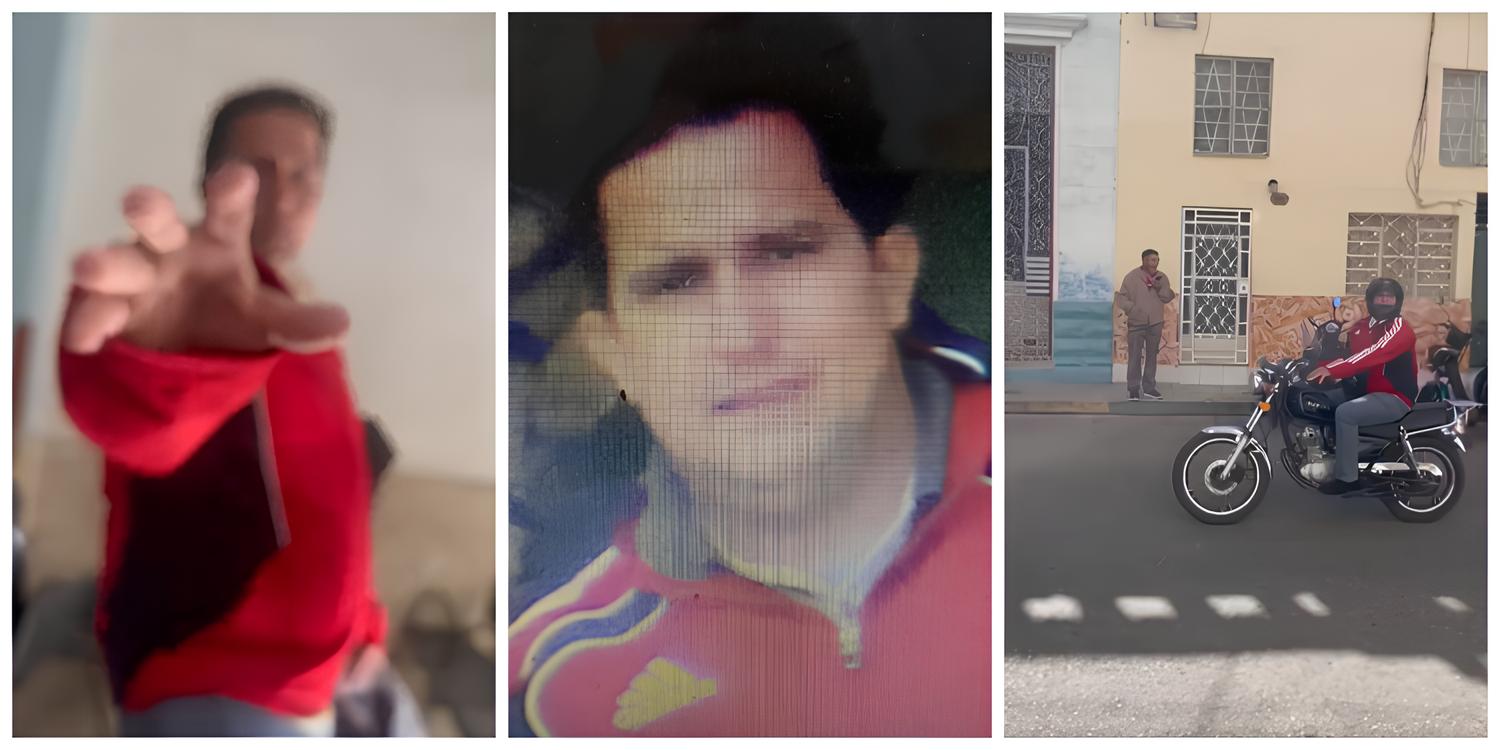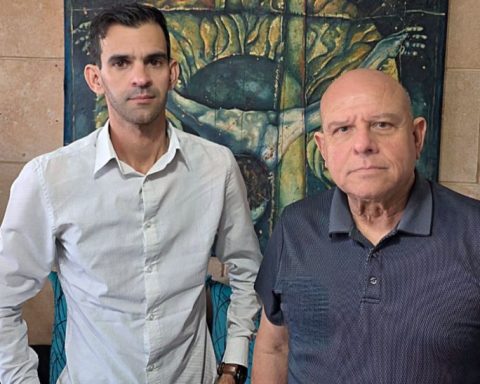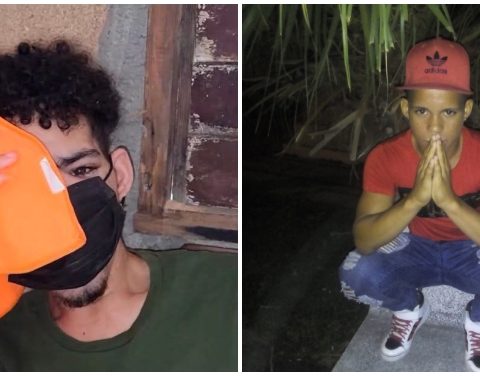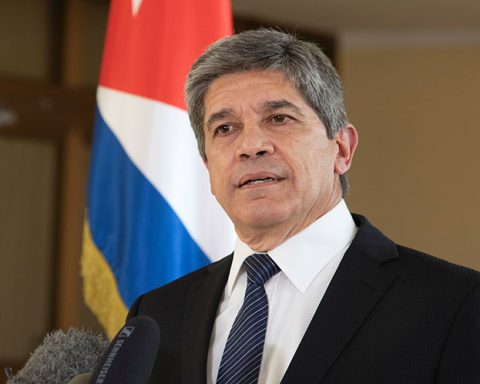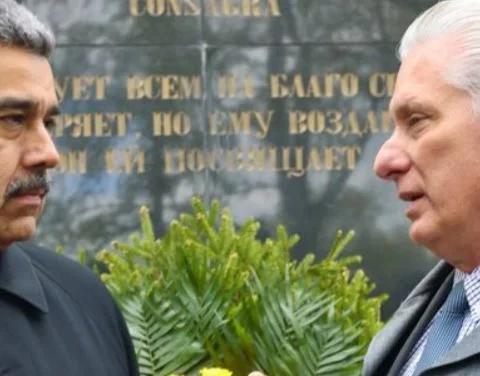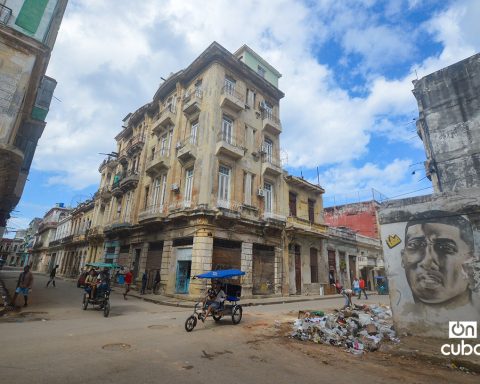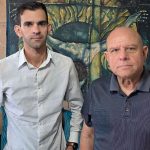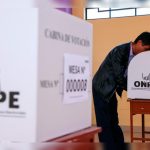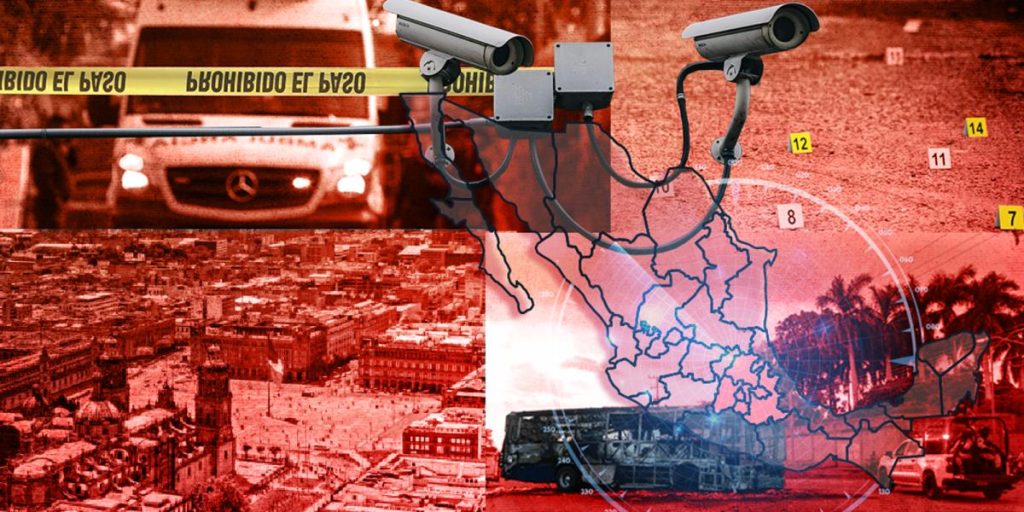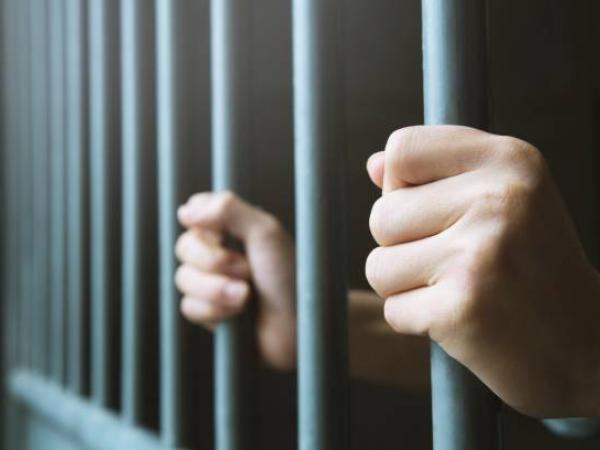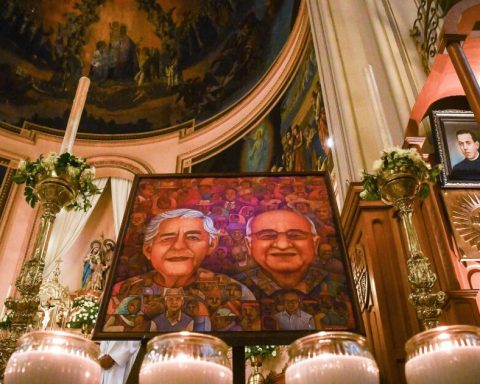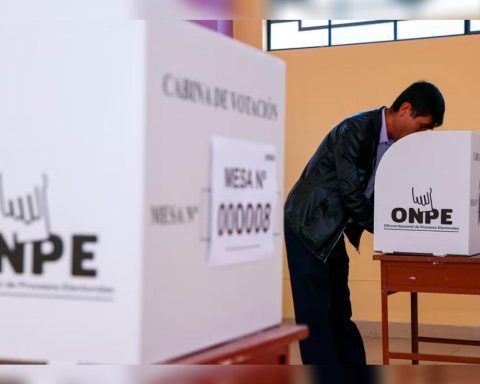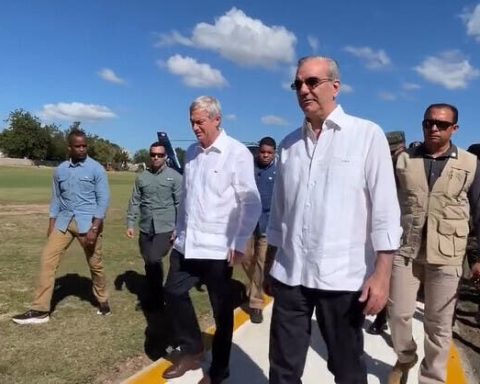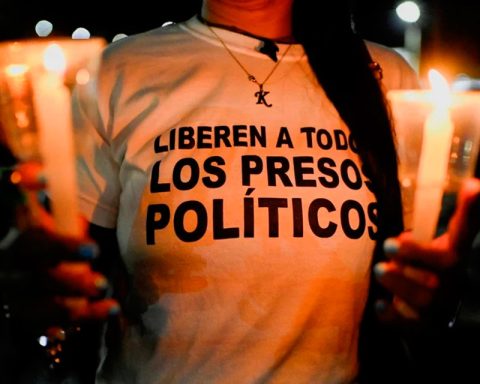HAVANA, Cuba – The Foundation for Human Rights in Cuba included in its list of repressors Cubans to the State Security officer known as Alejandro, for international crimes and crimes against humanity against opponents and human rights activists on the Island.
The inclusion on the list was made following the complaint from the journalist CubaNet and correspondent for ABC in Havana, Camila Acosta, who found him in Havana after four years without seeing him. Acosta tried to record his face and the video shows how the repressor tried to snatch the phone from him to prevent him from doing so.
Although blurry, Acosta exposed the video on her social networks and recalled that Alejandro (alias) led almost all the repressive acts against her during 2020, from home evictions, threats, accusations of false crimes, interrogations and even arbitrary arrests.
Both in Acosta’s publication and in the Foundation’s investigation, several of his victims identified him and presented their testimonies. Independent journalist Ileana Hernández recalled that Alejandro directed several harassment operations against him.
The activist and former political prisoner, Alejandro Garlobo, said he had been interrogated by this officer and beaten under his order. In addition, he accuses him of threatening him with a knife days later, when an unknown hitman from the political police got into a patrol car. Garlobo assures that Alejandro’s real name is Raimel García.
For his part, Angel Moya Acosta, former political prisoner and husband of the leader of the Ladies in White, Berta Soler, recognized this officer as one of those who are currently harassing the members of the Ladies in White, but with the alias of Felo. Moya Acosta shared Likewise, a clearer photo of Felo, which coincides with Alejandro’s identification.
Other victims of the repressor have been: Nancy Alfaya, María Matienzo, Fabiana Salgado, Kirenia Yalit, Yanetsi O’Farrill, Marthadela Tamayo and Ángel Santiesteban Prats.
The Foundation for Human Rights in Cuba stated that this Cuban political police officer has committed international crimes such as intimidation and threats, arbitrary detention, harassment and violence against women, beatings and physical abuse, harassment and surveillance, advice-participation in repression, and persecution for political reasons.
The database repressors.com It was created in 2017 and, since then, the researchers, Rolando Cartaya and Luis Domínguez, have managed to collect files from 1,073 people.
The objective, as declared to CubaNet Cartaya, journalist and director of the project, is to “change the focus from the victims to the perpetrators, because they were talking about the victims but not the perpetrators, to persuade these people to change jobs by letting them know that they contract criminal responsibility that they do not expires and is not justified by obedience of life, also shaming them in their neighborhoods through campaigns that consist of the dissemination of flyers with their names, faces and repressive history, and making it easier for them to be subject to sanctions such as denying them the sending of remittances and entry into the United States or the European Union, which have laws about that; The latter, by the way, is not being fulfilled.”
Cartaya told this media that the information comes from the victims, who can enter the database and enter the information they know about the repressor.
The files are organized by categories: there are the violent repressors, this includes Section 21 of the counterintelligence, the prison repressors, the Rapid Response Brigades; There are also white-collar repressors, and these are the judges and prosecutors who have handed down sentences against opponents and human rights activists, as well as the rectors of universities who have expelled people for their political position and the coordinators of the brigades. Cuban doctors, who force doctors to work in forced conditions.
“We also have the category of export repressors, these are those who go to other countries to support repression or to destabilize. The economic repressors are those who make life impossible for the private sector and the actors in the informal market, and repressors of religious freedom,” added the journalist and researcher.
